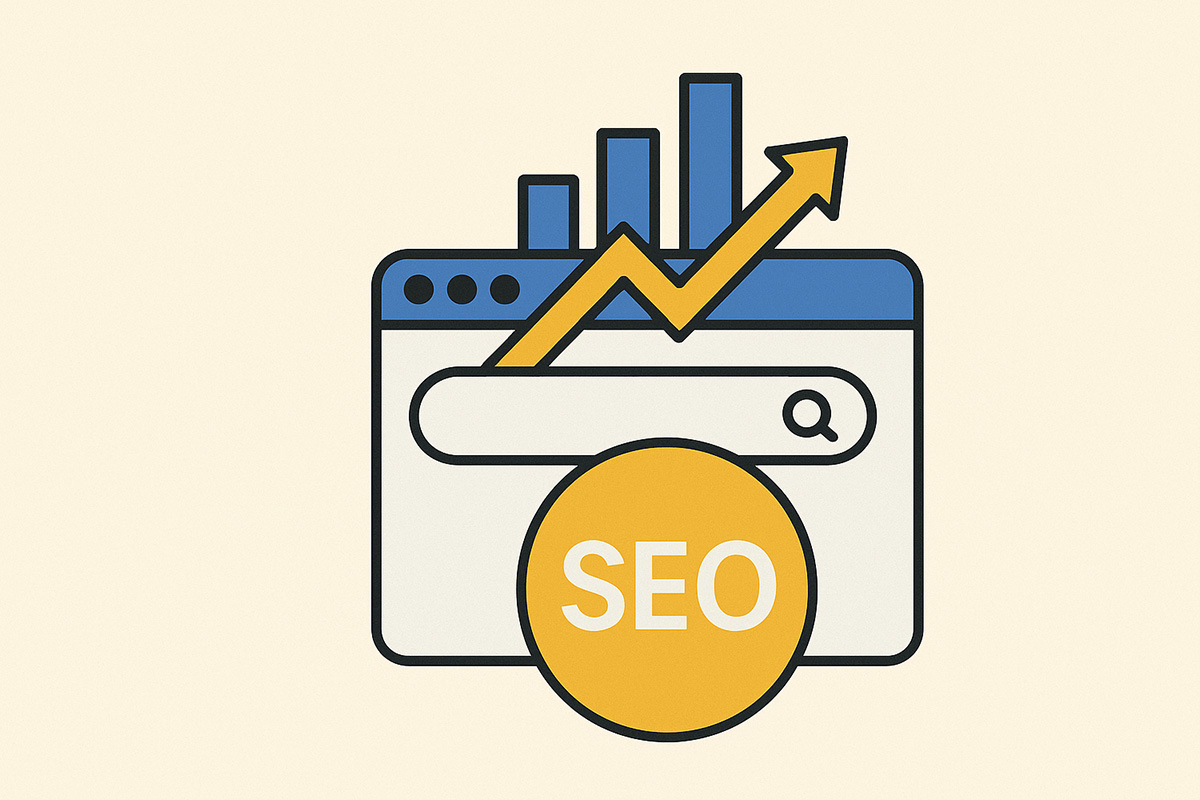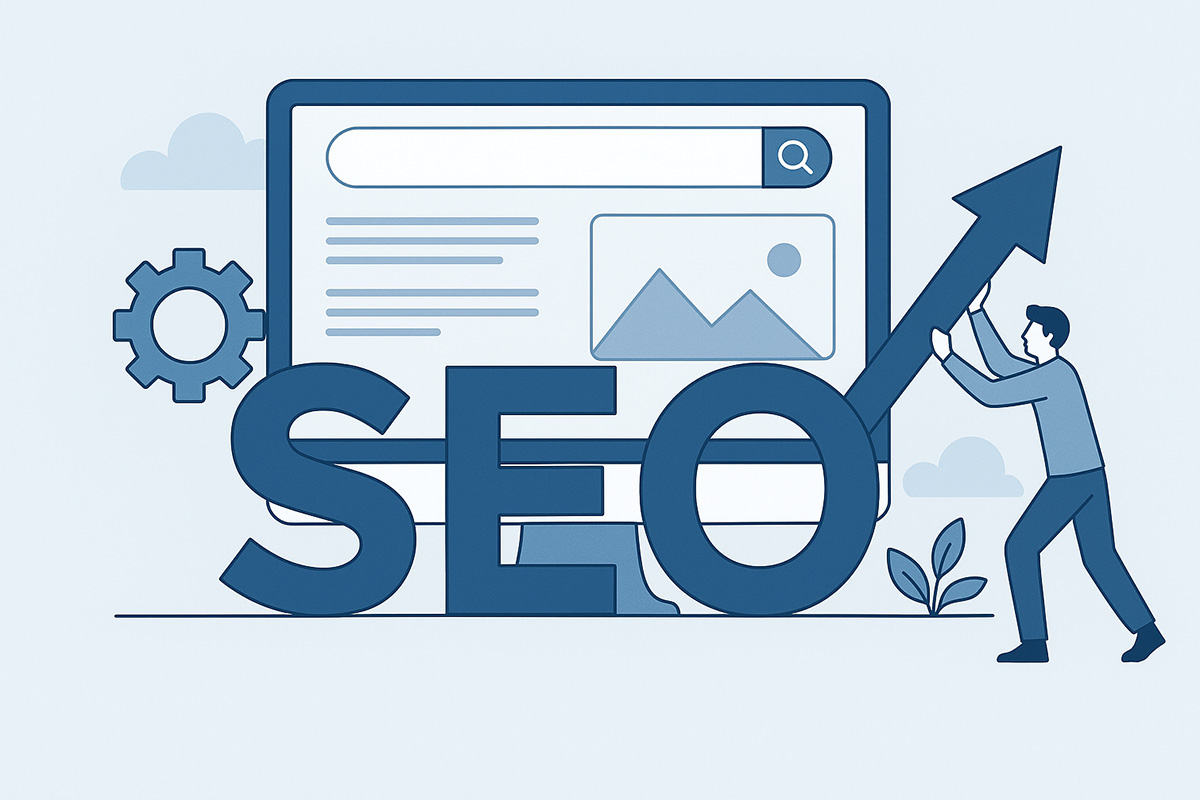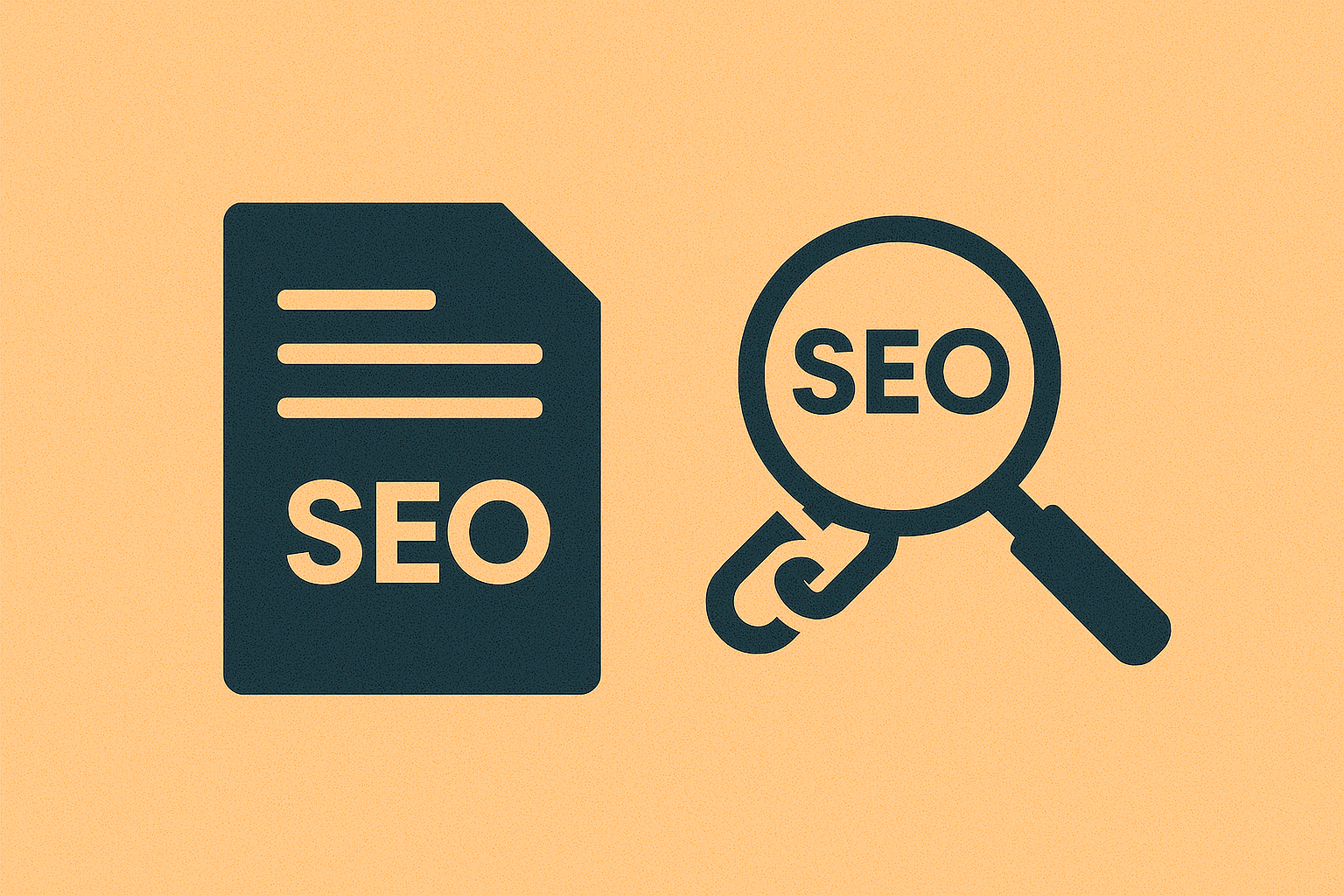Home / Blogs / How To Boost Online Store Sales with Proven E-commerce SEO Strategies
How To Boost Online Store Sales with Proven E-commerce SEO Strategies
 SEO
SEO
Selling online isn’t just about uploading products and waiting for sales. With thousands of stores competing in every category, discoverability is a real challenge. That’s where SEO comes in, not just to get eyes on your website but to bring in people who are already looking to buy.
When done right, e-commerce SEO brings consistent, high-quality traffic without relying on paid ads. It becomes a system that works in the background, day and night, driving visibility, trust, and sales.
At Verve Media, a trusted digital marketing agency in Mumbai, we’ve helped online businesses grow by combining smart SEO tactics with clear business goals. In this blog, we’re breaking down the e-commerce SEO strategies that can actually help you sell more.
Why E-commerce SEO Is Crucial for Online Growth
E-commerce SEO often gets sidelined in favour of ad budgets. But organic search is still one of the most powerful ways to grow traffic that sticks. People searching on Google are already in buying mode; they're not just scrolling; they’re looking for solutions.
Good SEO does more than just improve rankings. It helps you:
- Show up for purchase-ready searches
- Lower your acquisition costs over time
- Build trust through organic presence
- Improve site usability for every visitor
- Support long-term brand growth
When you invest in SEO, you build an engine that keeps running, even when your ad budget doesn’t. That’s the power of E-Commerce SEO: How Online Stores Can Drive Organic Traffic sustainably.
Optimise Your Product Pages for Search Engines
If your product pages aren’t set up properly, Google won’t know what they’re about, and users won’t find them.
Here's how to fix that:
Create keyword-rich product titles
Think beyond “Black Hoodie”. Use something like “Men’s Black Hoodie – Cotton Pullover for Winter”.
Use unique product descriptions
Avoid copying manufacturer content. Write clear, helpful descriptions using natural keyword variations.
Write snappy meta descriptions
Include what makes your product special in under 160 characters. Make people want to click.
Add structured data (Schema Markup)
Product schema can highlight price, availability, and ratings right on the search page.
Optimise image alt text
Alt text helps with accessibility and lets your products show up in image search results.
For every product page, ask: does this help a real person and make sense to a search engine? That balance is key.
Improve Site Structure for Better Crawling and UX
A clean site structure helps both Google bots and your customers. If your store feels confusing to explore, most people will leave, and search engines won’t crawl everything properly either.
Some simple fixes:
- Keep your navigation simple and clear
- Group products into logical categories
- Use breadcrumb navigation so users always know where they are
- Avoid duplicate pages or dead ends
- Ensure important pages are no more than three clicks from the homepage
- Clean internal linking also boosts SEO and encourages users to view more products. A solid foundation here supports every other optimisation you do later.
- Target Long-Tail and Transactional Keywords
Ranking for “shoes” or “smartphones” is nearly impossible unless you’re already a giant. But ranking for long-tail and transactional keywords? That’s a different story.
These are specific searches that show clear purchase intent. Examples:
“Best water bottle for gym workouts India”
“Buy cotton sarees under ?1000”
“Noise-cancelling headphones with mic for office calls”
These kinds of searches have lower competition but much higher conversion rates. Add these phrases into product titles, descriptions, and blog content. Think like your buyer: what exactly would they type when they’re ready to buy?
A strong SEO strategy includes a mix of broad awareness and narrow intent. Long-tail keywords are the latter.
Leverage Content Marketing for E-commerce
Content isn’t just for blogs or agencies. It’s a powerful tool for online retailers too.
Well-written, relevant content helps your store appear in more types of searches, and gives potential buyers a reason to stick around longer.
You can create:
- Buying guides: “How To Choose The Best E-Commerce Platform For Your Business Needs”
- Style or usage tips: “5 Ways to Pair Oversized Blazers This Winter”
- Gift lists: “Top 10 Valentine’s Day Gifts Under ?2000”
- Product comparisons: “OnePlus vs Samsung: Which Budget Phone Wins in 2025?”
This content helps you build trust and also opens up new entry points for organic traffic. It supports the entire funnel, from discovery to decision.
Boost Technical SEO & Core Web Vitals
Even if your content is strong, technical issues can drag your rankings down. Google pays close attention to how well your site performs especially on mobile.
Things to check:
- Page speed: Compress images and reduce script overload
- Mobile usability: Buttons, fonts, and menus should be easy to use on any screen
- Secure connection: Make sure you’re using HTTPS
- Core Web Vitals: These include how fast your largest content loads, how stable the page feels, and how responsive it is when users interact
These fixes aren’t just for SEO, they improve user experience too. A fast, responsive site makes visitors stay longer and buy more.
A good SEO agency will audit your store for all of the above and help you make the fixes that actually move the needle.
Build Backlinks and Social Proof
Search engines see backlinks as a sign that others trust your site. But in e-commerce, it’s not just about SEO, it’s about building authority that encourages shoppers to buy.
Here’s how to get started:
- Get listed in product roundups or comparison blogs
- Reach out to industry-specific reviewers or influencers
- Use PR to highlight milestones like product launches
- Build pages that are worth linking to (like in-depth guides or interactive tools)
- Collect and display real customer reviews
Social proof also matters. When potential buyers see other people talking about your product or engaging with your brand, they’re more likely to convert.
Use Social Media to Boost E-Commerce Conversions by encouraging UGC (user-generated content), showcasing testimonials, and linking directly to high-performing products.
It all works together, visibility, credibility, and SEO strength.
How Verve Media Helps E-commerce Brands Win with SEO
At Verve Media, we’ve worked with online stores across fashion, tech, wellness, and lifestyle. We understand the e-commerce ecosystem, and how search fits into it.
What we bring to the table:
- Full-scale audits to identify gaps and opportunities
- Keyword research tailored to your niche and audience
- On-page SEO that aligns with your product categories and structure
- High-performing blog content that brings in top-of-funnel traffic
- Backlink strategies that build authority the right way
- Technical support to improve page load, structure, and indexability
As a digital marketing agency in Mumbai, we don’t just execute; we partner with your team to build SEO strategies that support growth.
Whether you're launching a new product or reworking your entire online store, we’re here to help you rise above the noise with clarity and consistency.
Final Thoughts
SEO for e-commerce isn’t just another checklist item; it’s a long-term driver of sales and customer trust. With the right mix of strategy and execution, you can turn your store into a magnet for ready-to-buy shoppers.
Start by strengthening your product pages, structure your site for both people and search engines, tap into content that educates and converts, and build the kind of authority that search engines reward.
Want to know where your store stands today and how far it can go? Talk to Verve Media.

.jpg)
.jpg)




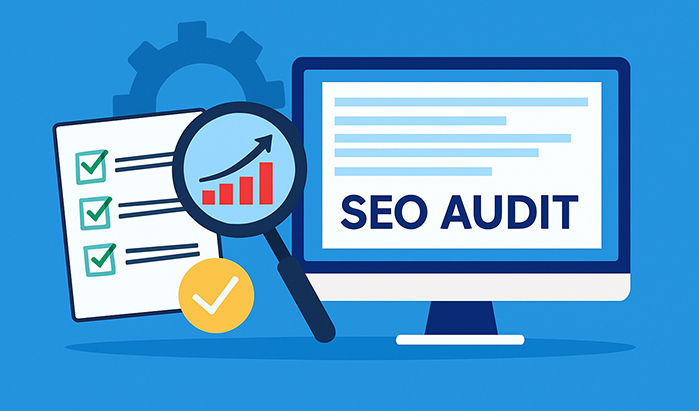




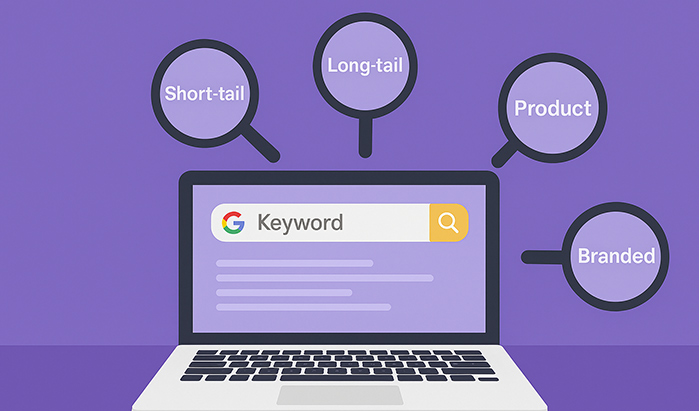


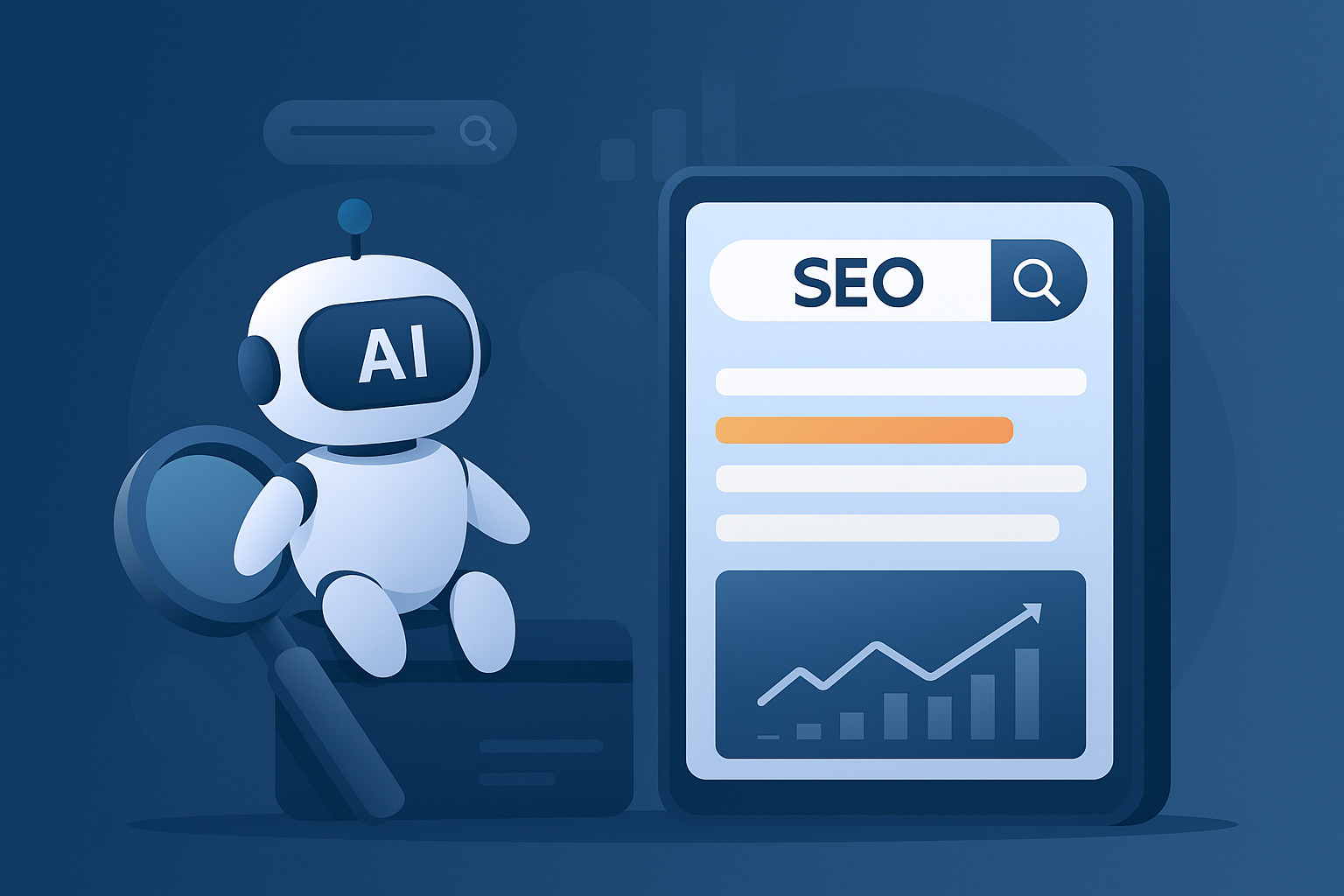




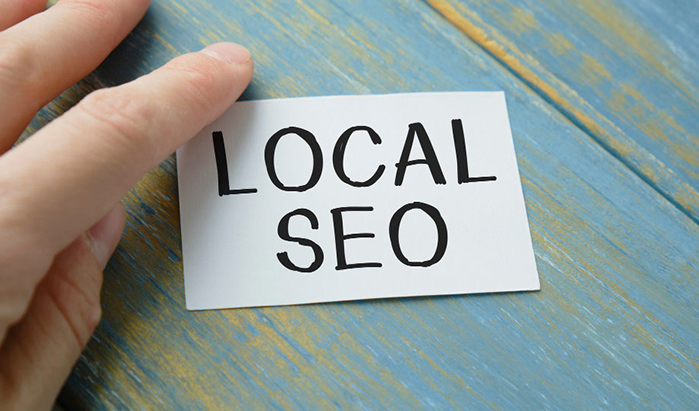




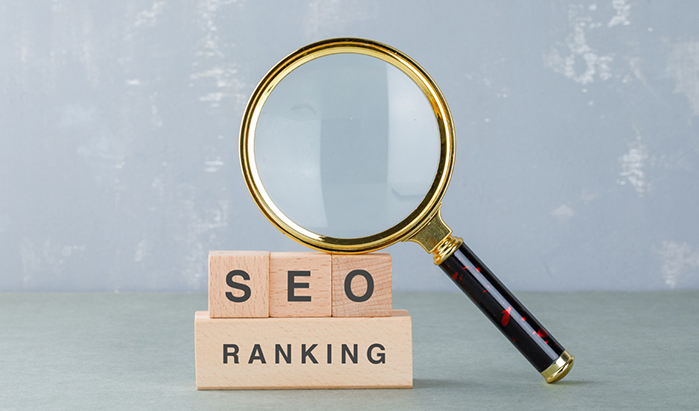







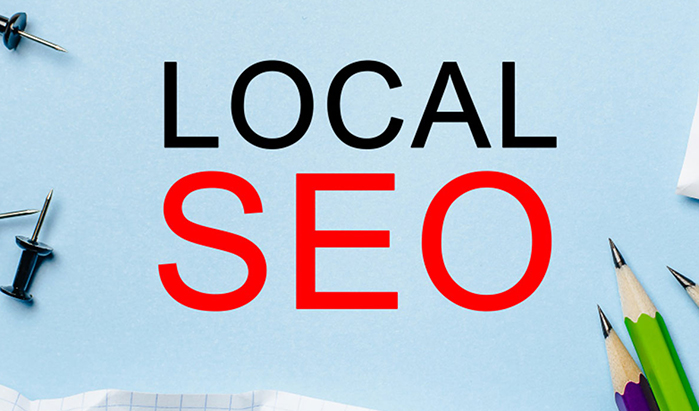




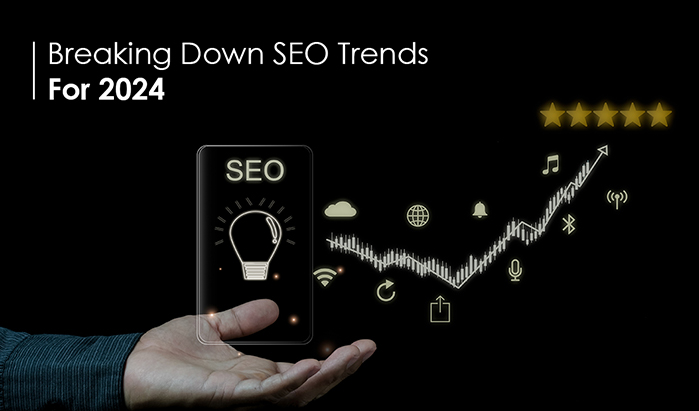




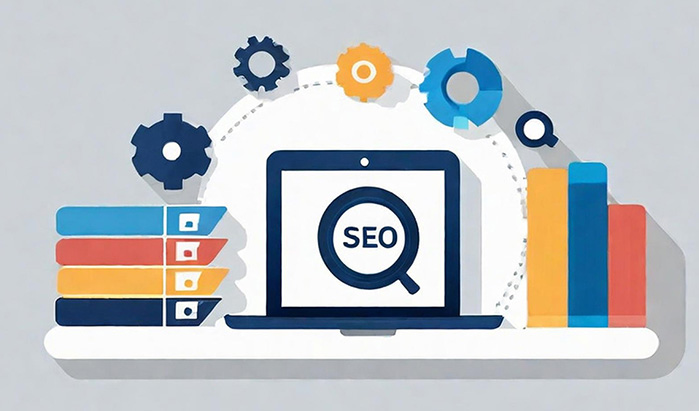





















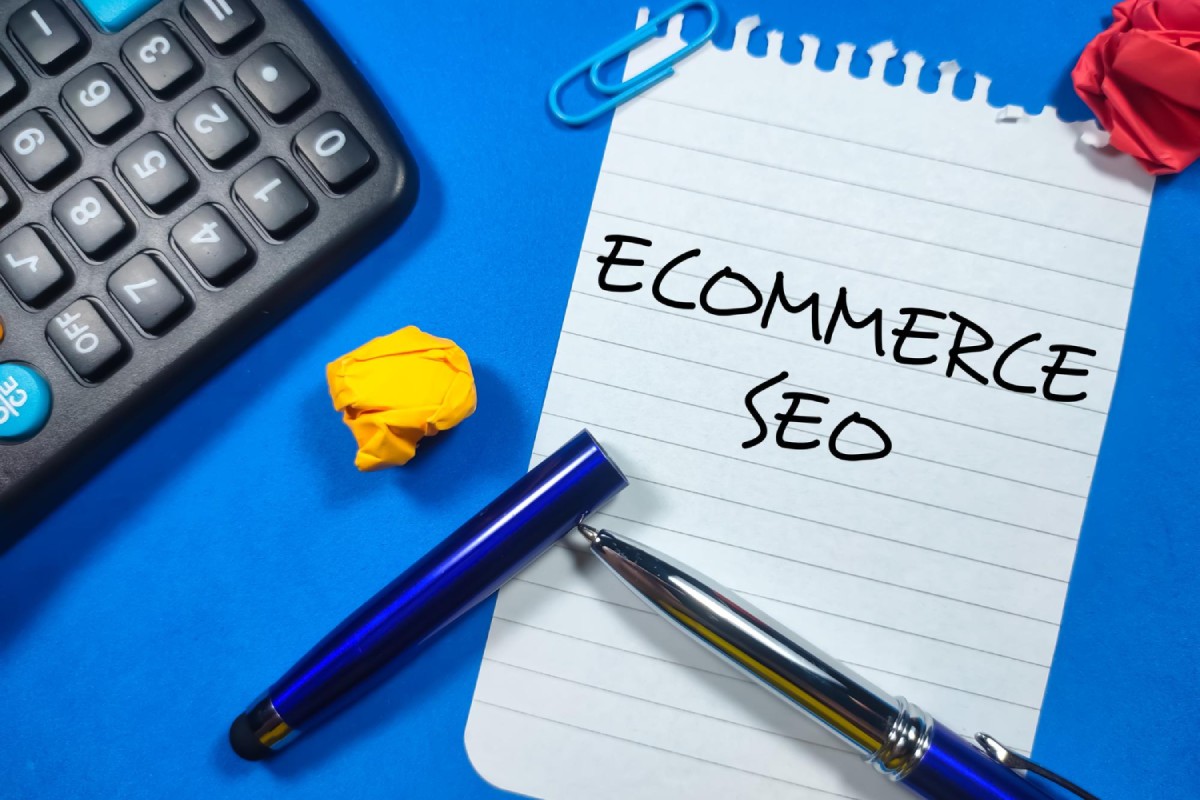

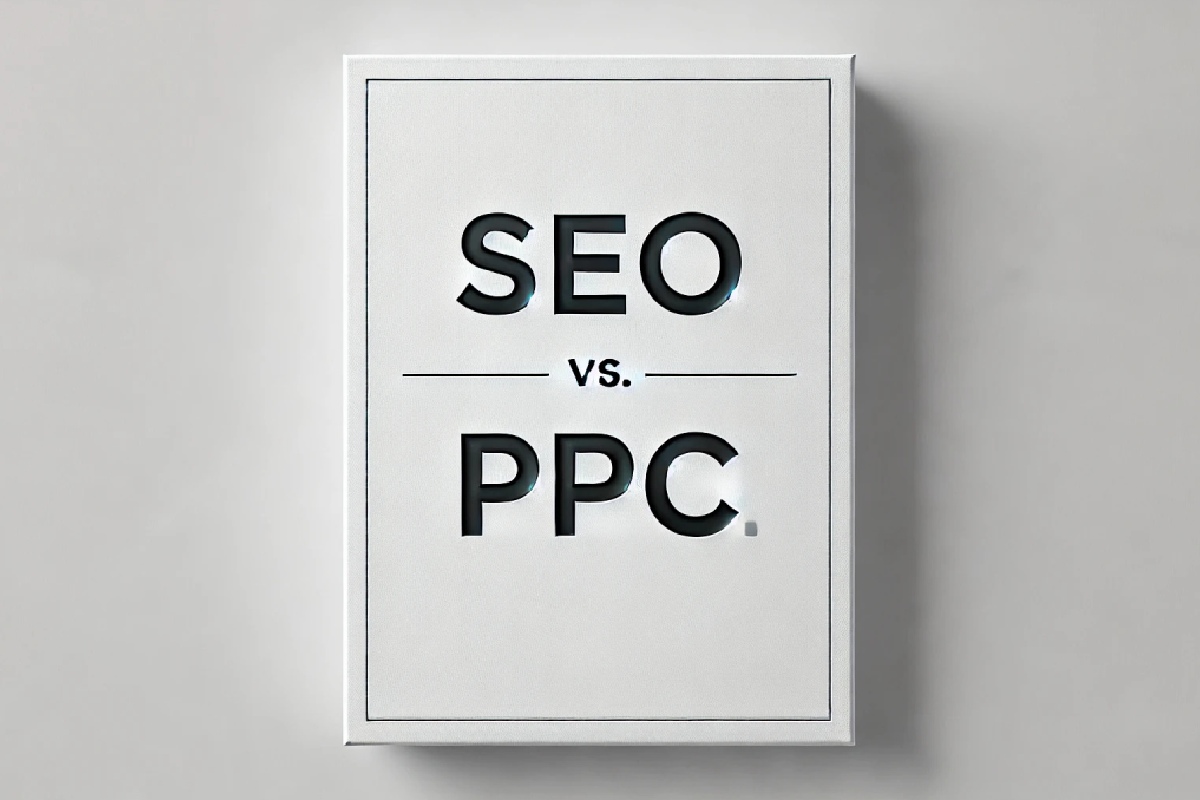









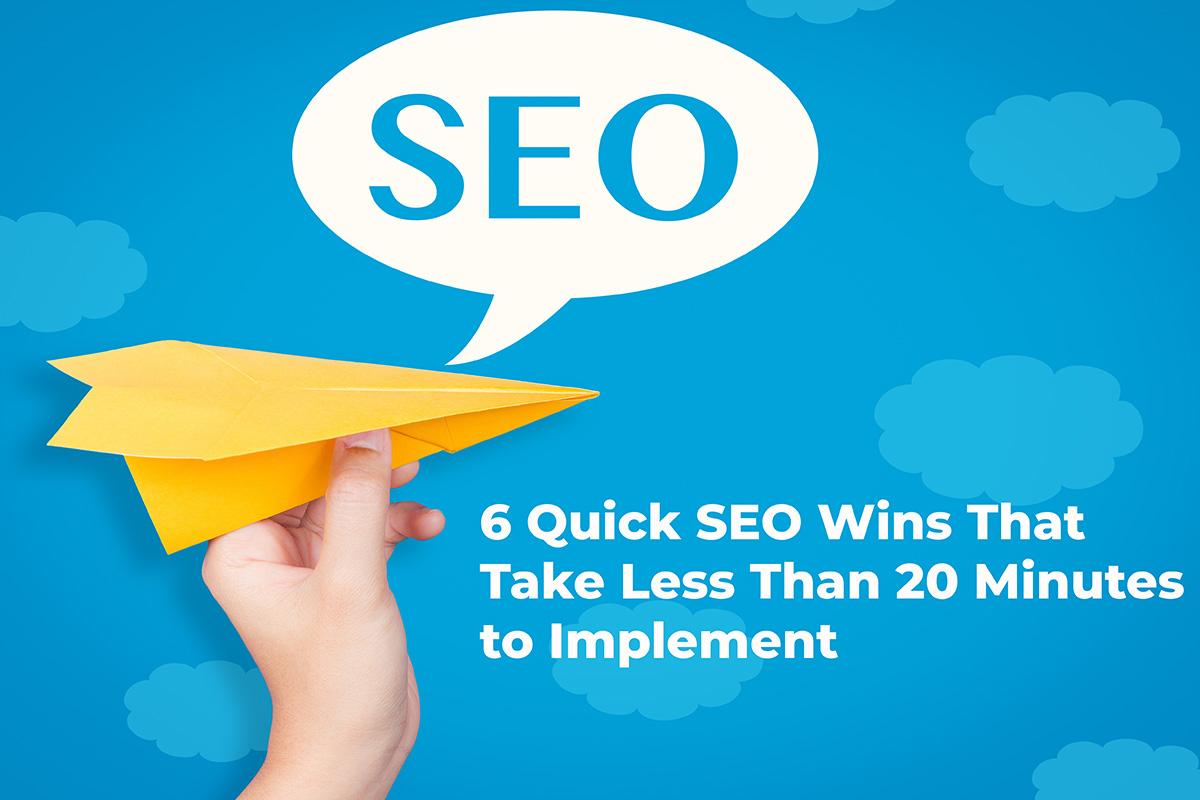






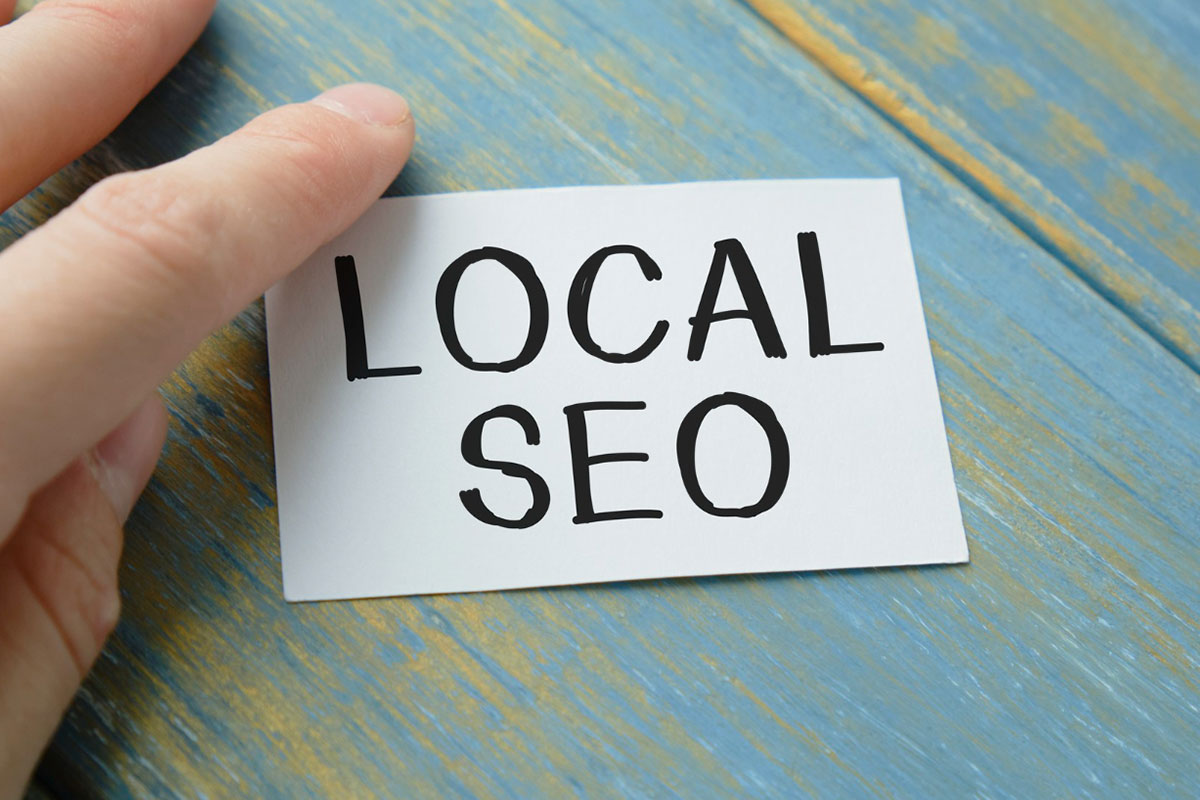





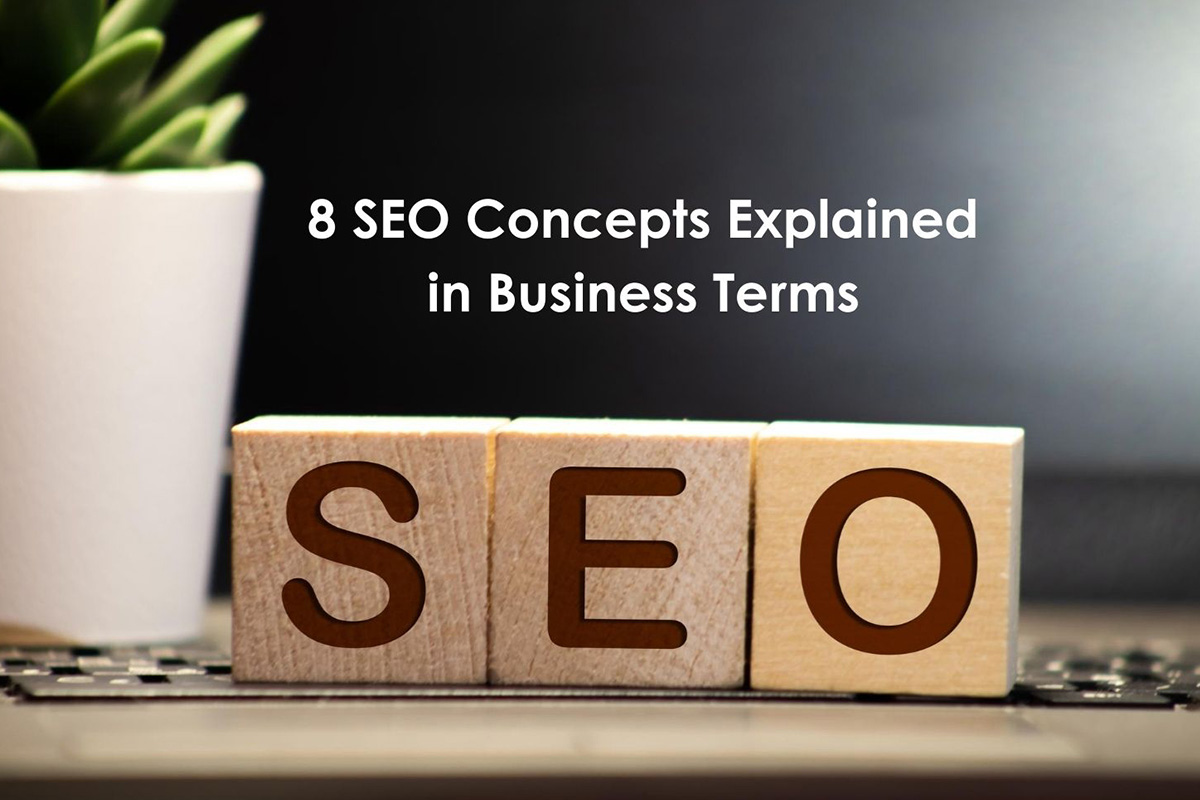



.jpg)
